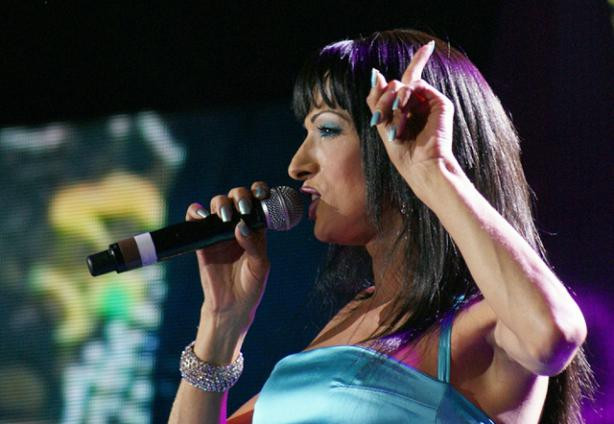Started in 1956, the latest edition of the Eurovision Song Contest (ESC) is being held in Malmö, Sweden, with the final, live show broadcast live around Europe and worldwide on Saturday, May 18.
“Every year you think, ‘it can’t get worse’”, Terry Wogan said at the time he was still the king of Eurovision commentators. And yet, every year brings a new set of stories and intrigues you wouldn’t expect in a song contest.
Here are 18 things you may or may not have known about Europe’s best known song competition:
(1) The ESC is broadcast by the European Broadcasting Union (EBU) and open to all of its members, which explains why Israel competes, for example. The EBU also includes members from Asia and Africa.
(2) Morocco entered once (the year Israel didn’t). Lebanon almost entered in 2005, but withdrew because competition rules stated it would have to broadcast Israel’s entry too.
(3) Greece withdrew from the contest in 1975 when it was announced that Turkey would enter, and neither country took part in the same contest until 1978.
(4) The language rule (permitting every country to sing in whatever language they wish) was reintroduced in 1999, shortly after Ireland had won four times in five years.
(5) In 2006, the Dutch entry was sung partly in an artificial language.
(6) Most winning songs have been performed in English: songs (mostly) in English have won 24 times. French is also popular, with 14 victories. Dutch and Hebrew songs have won three times each.
(7) Even Australian TV covers the ESC every year, providing commentary from their very own on-site team.
(8) In 1998, transgender singer Dana International (photo) was chosen to represent Israel at Eurovision, which caused a national uproar in the country with ultra-Orthodox Jews trying to prevent her from going. She later went on to win the contest.
(9) After the ESC in Azerbaijan in 2012, 43 people who voted for the Armenian entry were called in for questioning by the police (their votes by text were released by the mobile phone company). Their support for the Armenian song was considered “a threat to national security”.
(10) In 2009, Georgia tried to send a song called “We Don’t Wanna Put In” to the ESC in Moscow. The “word play” was found offensive for the Russian president and as Georgia refused to change the lyrics, it was disqualified.
(11) The singer Ruslana who won for Ukraine in 2004 was later rewarded with a seat in parliament.
(12) Germany sent in songs from the same songwriter who secured Nicole’s victory in 1982, nine times after that: in 1987, 1988, 1990, 1992, 1994, 1997, 1999, 2002, and 2003! But to no avail.
(13) In 2006, Iceland sent Silvia Night, a fictional foulmouthed, narcissistic, Icelandic television host… and a gag entry, which wasn’t understood by everyone. The Greek audience booed her off-stage leading to a pretend meltdown, including much publicised rants about some of the entries.
(14) In 2001, the largest audience ever attended the Eurovision Song Contest. Almost 38,000 people gathered at Copenhagen’s Parken Stadium.
(15) The UK has placed second 15 times.
(16) Italy boycotted the 1981 Eurovision contest, saying that it was too old fashioned. It returned and withdrew again before coming back again in 2011, after a 14 years absence.
(17) The youngest winner was 13-year-old Sandra Kim from Belgium in 1986.
(18) Since 2000, the UK, Germany, France and Spain have automatically qualified for the final due to their status as the four biggest financial contributors to the EBU. In late 2010 it was announced that Italy would also automatically join the final, which caused controversy. Turkey withdrew this year stating dissatisfaction with the “Big Five” rule as being the reason.
Eurovision preview in Bivange
On Saturday April 27, a Eurovision Preview event, organised by fan club OGAE Luxembourg, will take place at the Cultural Centre in Bivange. The evening starts at 8 p.m. but guests can enter from 7 p.m. on and have a drink. All 39 video clips from participating countries will be shown in a random order (there will be two breaks!) and guests are given a voting sheet to choose their six favourite entries. And if you like dancing, you can stay on after: the DJ will play some ESC related songs! Entry is free.
More on the Eurovision Song Competition can be found in the April print edition of Delano, on newsstands now.
